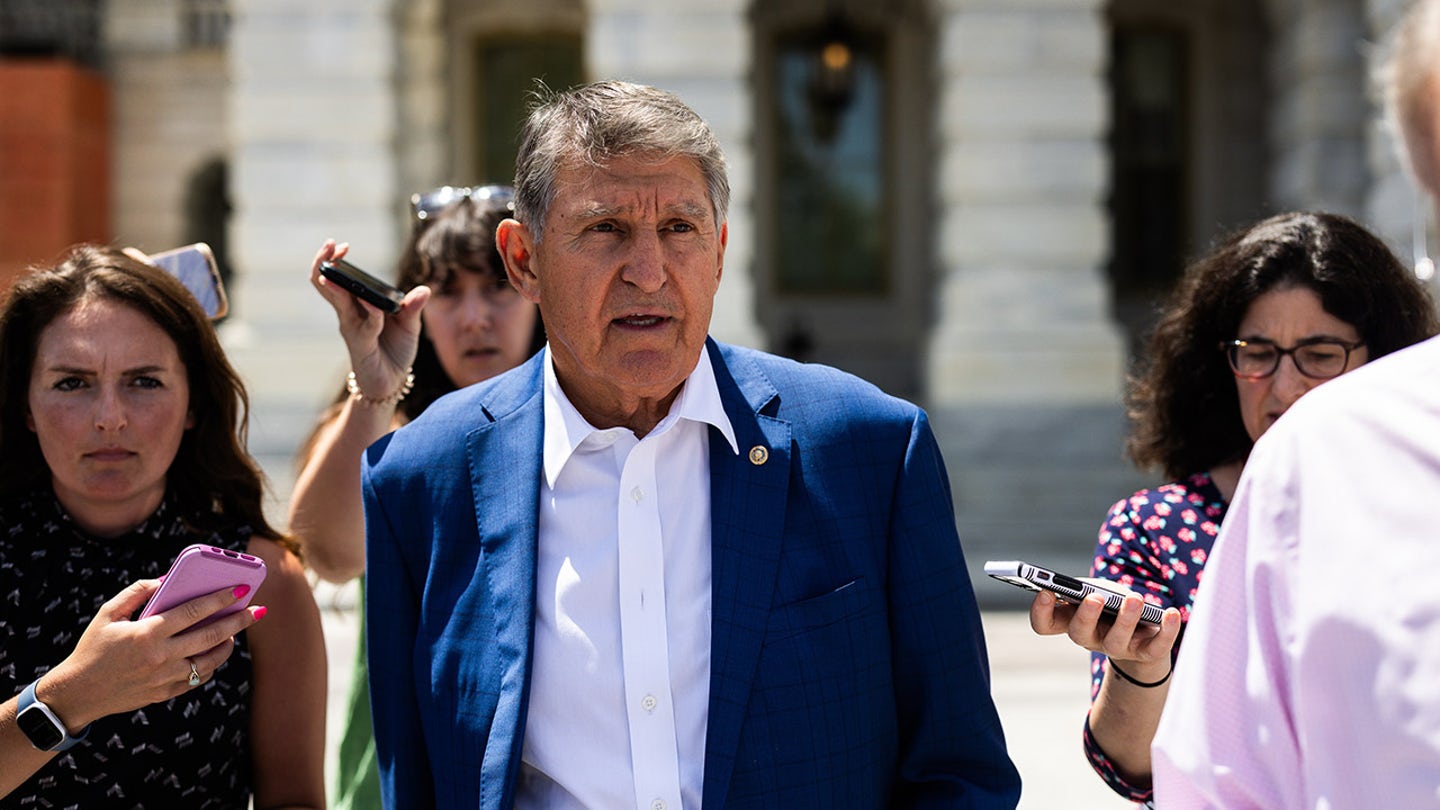The National Institute of Health (NIH) has halted a long-term study on Havana Syndrome patients after an internal review uncovered coercion and pressure tactics used to recruit participants. The study, which had not found evidence linking the participants to brain injuries, was suspended due to ethical concerns raised by participants who felt pressured to join the research.
The National Institute of Health (NIH) has terminated a study investigating Havana Syndrome after an internal review found participants were subjected to coercion and pressured to participate in the research. The study had not yet identified a link between the participants and the symptoms and brain injuries characteristic of Havana Syndrome.

NIH Ends Study on Havana Syndrome Over Coercion Claims
The internal investigation leading to the study suspension was initiated following complaints from participants alleging unethical practices. The suspension comes on the heels of an interim report released last year by the intelligence community, concluding that it is "very unlikely" that a foreign adversary is responsible for the symptoms experienced by hundreds of U.S. intelligence officers despite receiving government-funded treatment for brain injuries.
In a statement issued to Fox News, an NIH spokesperson acknowledged the internal investigation initiated in March 2024 in response to participant concerns. The investigation, conducted by the NIH Office of Intramural Research and the NIH Research Compliance Review Committee, an Institutional Review Board (IRB) within the NIH, determined that regulatory requirements and NIH policy for informed consent were not adhered to due to coercion, although not attributable to NIH researchers.

NIH Ends Study on Havana Syndrome Over Coercion Claims
The statement emphasized that the voluntary consent is a cornerstone of ethical research conduct. Given the breach in this principle, NIH has ceased the study out of an abundance of caution. NIH has communicated this update to both participants and the Journal of the American Medical Association (JAMA), which published the study findings.
A former CIA officer using the pseudonym Adam, to protect his identity, expressed no surprise at the study's closure. Adam is considered Havana Syndrome's "Patient Zero," having been the first to experience the intense sensory phenomena that have since affected hundreds of U.S. government personnel overseas in locations such as Havana, Moscow, and even China. Adam described the sensation as pressure on the brain, leading to vertigo, tinnitus, and cognitive impairment.

NIH Ends Study on Havana Syndrome Over Coercion Claims
Members of various agencies, including active-duty service members, spies, FBI agents, diplomats, and even children and pets, have reported experiencing this debilitating sensation, which patients believe originates from a pulsed energy weapon. According to a study released earlier this year by the U.S. government accountability office, 334 Americans have qualified for treatment for Havana Syndrome in specialized military health facilities.
Adam, who experienced his initial attack in December 2016 in Havana, recalled hearing a loud sound penetrating his room. He described it as "kind of like someone was taking a pencil and bouncing it off your eardrum… Eventually, I started blacking out."

NIH Ends Study on Havana Syndrome Over Coercion Claims
Participants in the NIH study, like Adam, raised concerns that the CIA was including patients who did not genuinely meet the Havana Syndrome criteria, thereby diluting the data analyzed by NIH researchers. Additionally, pressure was applied to those seeking treatment at Walter Reed to participate in the NIH study to qualify for treatment at Walter Reed.
"It became pretty clear quite quickly that something was amiss and how it was being handled and how patients were being filtered… the CIA dictated who would go. NIH often complained to us behind the scenes that the CIA was not providing adequate, matched control groups, and they flooded in a whole litany of people that likely weren't connected or had other medical issues that really muddied the water," said Adam.
In a statement to Fox News, the CIA affirmed their cooperation in the matter. "We cannot comment on whether any CIA officers participated in the study. However, we take any claim of coercion, or perceived coercion, extremely seriously and fully cooperated with NIH's review of this matter, and have offered access to any information requested," said a CIA official, noting that "the CIA Inspector General has been made aware of the NIH findings and prior related allegations."
Havana Syndrome victims are now calling for the Journal of the American Medical Association (JAMA) to retract the two articles published last spring using preliminary data from the NIH study. These articles concluded that there was no significant MRI-detectable evidence of brain injury among the participant group compared with a group of matched controls.










